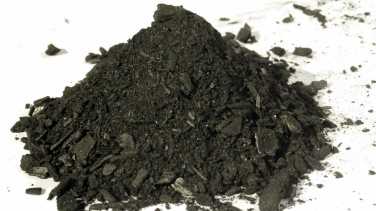Human faeces-derived biochar for agriculture
The aim of the project is to develop an effective faeces-derived biochar soil amendment by enriching it with source-separated urine as well as organic compost. The project follows the premise that recovery and value-added utilisation of excreta through pyrolysis could provide a safe, decentralised, and simple to install excreta management facility for dry sanitation solutions in low- and middle-income countries while simultaneously closing the nutrient loop and improving soil quality. The application of biochar in agriculture has received extensive attention due to its potential in restoring soil health by improving soil structure, thus increasing microbial activity, bioavailable nutrients, and water and fertiliser retention capacity. Moreover, its porous, sponge-like structure can lead to effective nutrient absorption and slow nutrient release leading to decreased loss and more balanced nutrient fluxes, making it potentially a base for slow-release organic fertilisers. To date, little work has been done to assess the potential of biochar produced from human faeces, a currently underutilised organic source available in enormous volumes.
The study will employ Farmer Participatory Research (FPR) methodologies involving farmers throughout the process, ensuring the development of products that are suited socially, culturally, and practically to smallholder farmer conditions.
